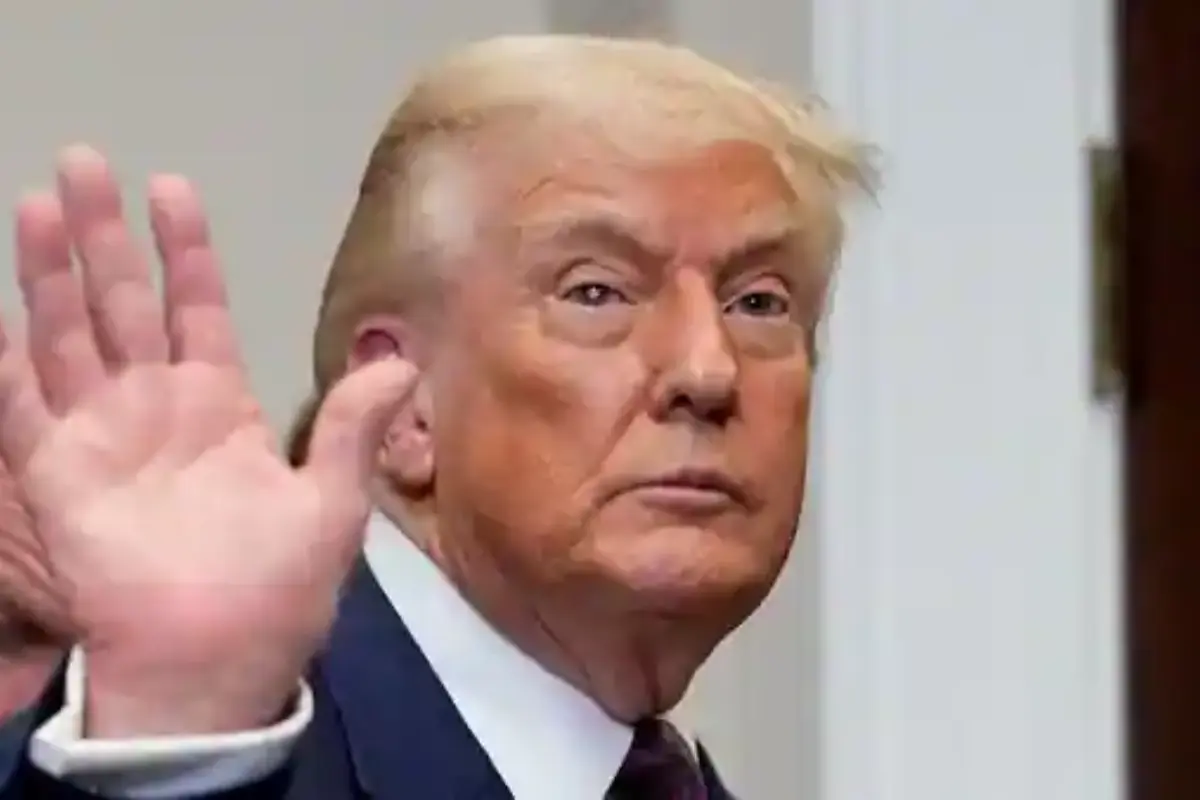President Donald Trump promised to “substantially” raise tariffs on Indian goods, saying that New Delhi was profiteering by buying Russian oil. India responded strongly and directly. The Ministry of External Affairs (MEA) said that the U.S. and European positions were “unjustified and unreasonable.” They pointed out that countries criticizing India for importing Russian goods are also trading with Russia on a much larger scale. India also said again that it only buys energy from Russia when it has to, and because the global market makes it necessary, not because it wants to. India promised not to give in to pressure from other countries, saying it would “take all necessary steps to protect India’s interests and economic security.”
Trade Tensions: Short-Term and Long-Term Risks
Trump‘s plan to put a 25% tax on Indian goods is much higher than the current average of 2.4%. This could hurt India’s main exports, like medicines, textiles, gems, and cars. Indian officials, on the other hand, think these tariffs might only be in place for a short time because talks on a thorough bilateral trade pact are still going on. Agriculture and internet trade, which are both touchy areas, are still big problems. Despite repeated disagreements and threats, both sides are still hopeful about reaching a “fair, balanced, and mutually beneficial” deal, even though there are still big problems to solve.
DON'T MISS
Experts Say What They Think: Economic Facts and Strategic Aspects
A lot of trade experts and past negotiators say that the U.S.-India economic relationship is at a crossroads. It is growing—both countries want to double their trade to $500 billion by 2030—but it is also changing. Experts say that Donald Trump tariff approach is partly influenced by politics at home and the idea that market access is not fair. But they warn that higher tariffs could destroy trust and progress just as the relationship between the two countries was getting stronger. Other experts, including Dr. Arpita Mukherjee of ICRIER, say that the much-touted trade deal will not happen unless there is a real commitment to compromise, especially on contentious issues like access to agriculture and digital rules.
Even though the language is getting worse, India has not responded in kind, instead using calm diplomacy. To protect national interests, Prime Minister Modi has asked people to be alert and has praised the strength of India’s economy, which has grown faster than its peers around the world this year despite threats from outside sources.
Possible Futures: Weak but Not Broken
In the future, India-U.S. economic cooperation will depend on how well the two democracies can work out their differences through discussion instead of violence. Experts are still cautiously optimistic, pointing out that the trade relationship is broad and complex and that in the long run, economic interests should win out over political ones. However, Donald Trump second term is hard to predict, and world politics are always changing, which makes it harder than ever to guess how India-U.S. business ties will develop.
India has stood its ground, putting national interests first while still being open to negotiations. This shows that the relationship will really be put to the test in the coming months, when both countries have to choose between long-term strategic goals and short-term political calculations.
